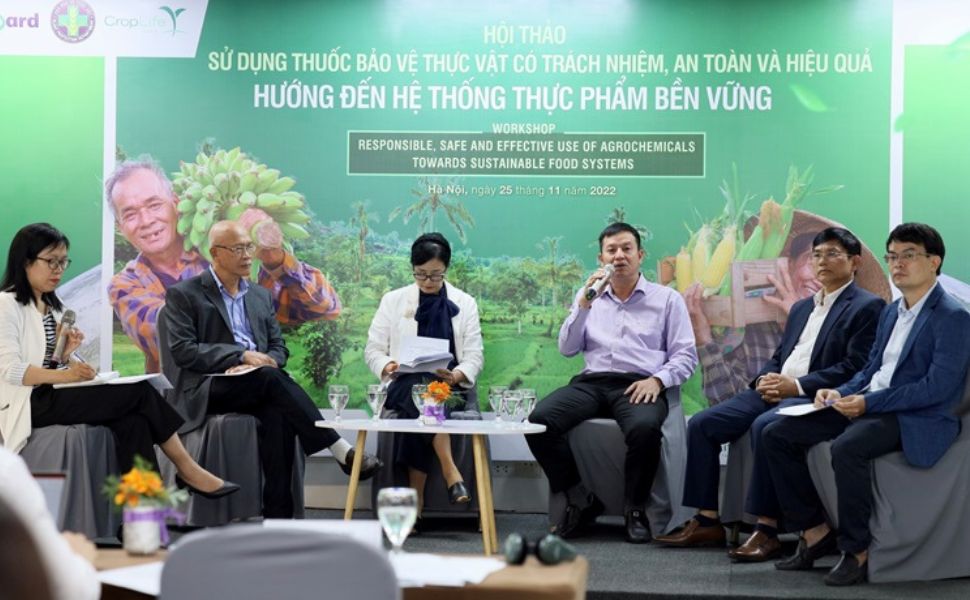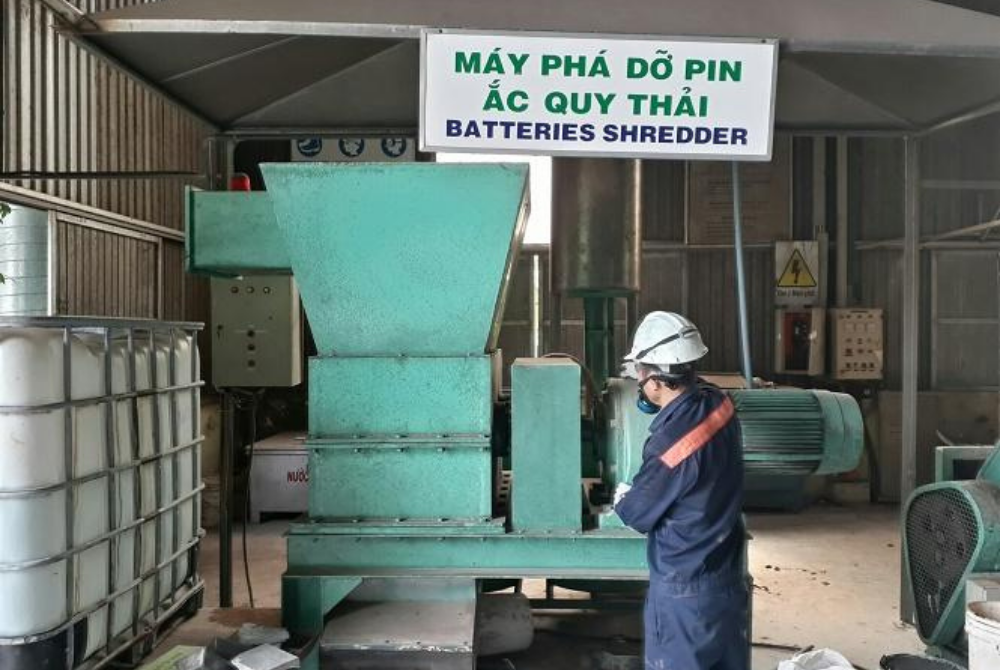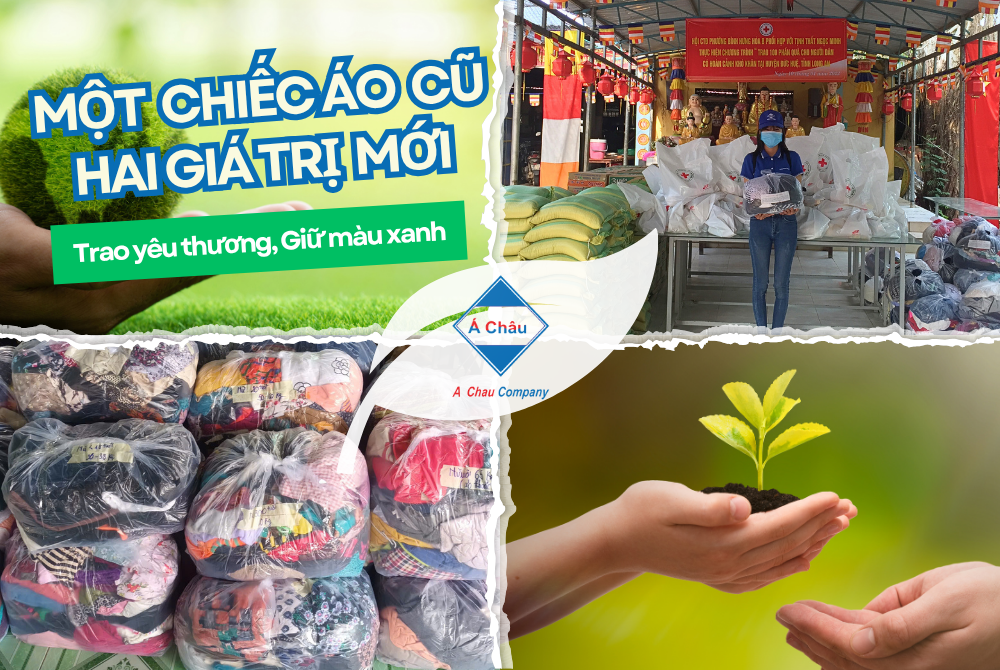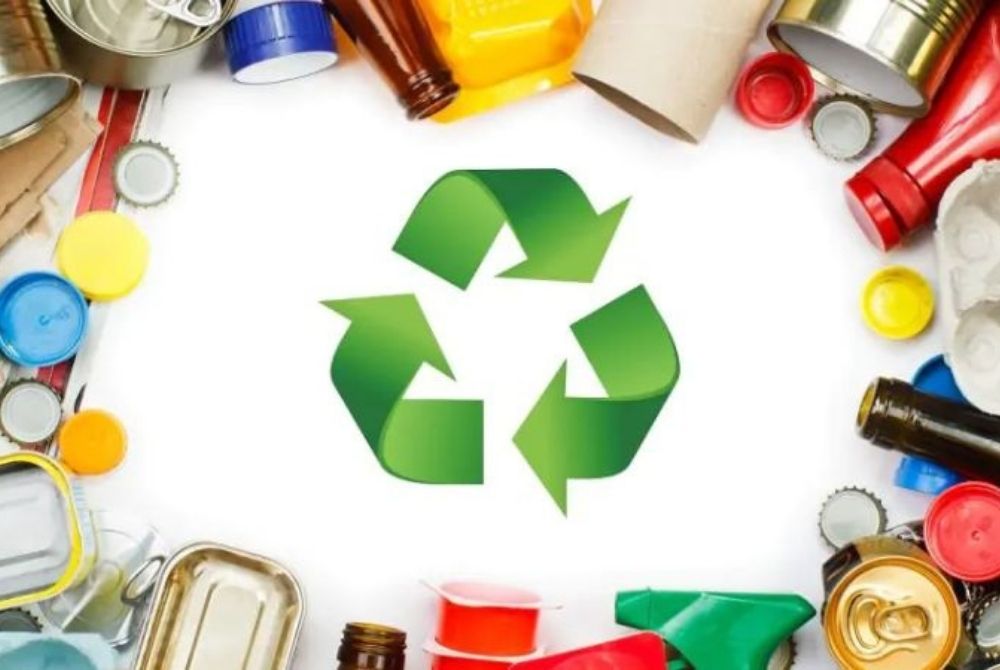Pesticide towards Sustainable Food Systems
On November 25, the Institute of Policy and Strategy for Agricultural and Rural Development (IPSARD) and the Plant Protection Department co-chaired the conference "Responsible, safe and effective use of pesticides towards sustainable food systems".
The Rural Development Center (RUDEC) under IPSARD and International Research Partners (Kynetec, ideas42) presented research findings on "Farmers' assessment of the role of chemical products agricultural chemicals" and "Researching farmer acting to improve responsible agrochemical techniques" at the conference.
The findings suggest that farmers continue to rely on pesticides as an essential contributor to agricultural production output, both in terms of quantity and quality. Farmers planting food crops and fruit trees (rice, mango, dragon fruit, citrus) value pesticides more than those growing industrial crops (rubber, coffee).

Conference "Responsible, safe and effective use of pesticides, towards a Sustainable Food System."
Ms Preeti Anand, Project Director of "Applying behavioural research to improve farmers' responsible use of agricultural chemicals," said one of the problems pointed out is that farmers have very little or no full awareness of residue issues as well as how to manage residues from the farming stage.
Some reasons include: they do not receive direct feedback on residue levels on their crops from buyers; they do not have a way to check residues but are more concerned with productivity, output, and post-harvest product design; and even when farmers follow some (but not all) pesticide use principles, they continue to believe in their method.
The researchers suggest many strategies to improve information exchange, teach farmers about residue management, and supply them with easy instruments for on-site residue testing. Simultaneously, boost suggestions and fast feedback so that farmers may alter consumption levels and control residues beginning with production.
Ms Nguyen Mai Huong, Center for Rural Development, Institute of Policy and Policy for Agricultural and Rural Development (Ministry of Agriculture and Rural Development), stressed the need for the State to have a complete and balanced pesticide management policy in the future. Consider more than simply the active components. The intervention method must reduce environmental consequences by improving farmers' usage behaviours and implementing best practices (for example, no use of unlicensed/ineffective equipment)
Source: Vietnam e-Government












